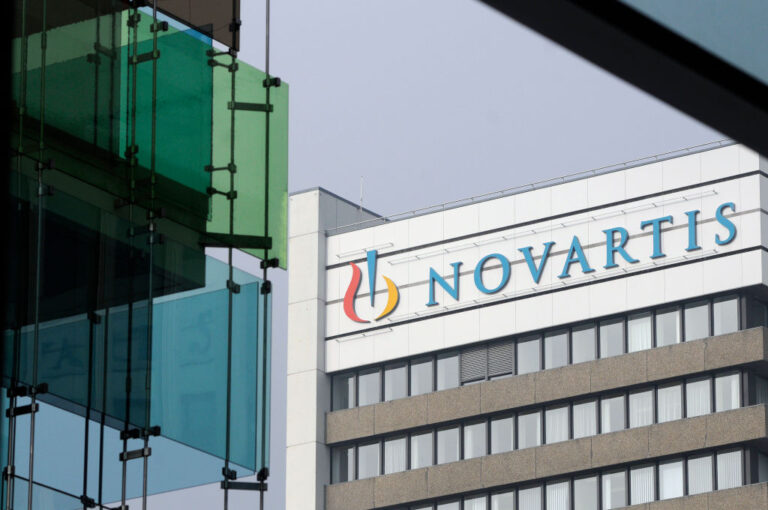
In 2021, Medicare Advantage beneficiaries spent about $2,541 less in out-of-pocket costs and premiums than beneficiaries with fee-for-service Medicare, a new report discovered.
The report, released Monday, was conducted by healthcare research firm ATI Advisory and commissioned by Better Medicare Alliance, a research and lobby group for Medicare Advantage (MA). To conduct the study, the researchers used the 2019 to 2021 Medicare Current Beneficiary Survey and Cost Supplement files. The results of the study show an increase from last year’s report, which found that MA beneficiaries spent about $2,400 less than traditional Medicare on average in 2020.
The researchers also found reduced spending among Medicare Advantage beneficiaries across racial and ethnic groups in 2021. Black MA beneficiaries paid $1,617 less in out-of-pocket costs and premiums than those in traditional Medicare, while Latino MA beneficiaries paid $1,593 less and White MA beneficiaries paid $2,371 less. In 2021, 25% of MA beneficiaries were Black or Latino, compared to 14% of traditional Medicare enrollees.
When it comes to those with at least three chronic conditions, MA beneficiaries paid $3,165 less on average than fee-for-service Medicare enrollees.
The report also found that more than half of those enrolled in MA plans had incomes below 200% of the federal poverty line, compared to 33% of those in fee-for-service Medicare. However, MA enrollees were 31% less likely to experience cost burden, which is defined as spending over 20% of income on healthcare.
While MA enrollees pay less, MA and traditional Medicare beneficiaries have similar access to care and quality of care, the researchers discovered. This includes getting a flu vaccine, having a usual source of care, being satisfied with healthcare quality and being satisfied with the ease of getting a doctor. MA beneficiaries, however, were more likely to get an annual wellness visit.
“The takeaway from this analysis is clear: Medicare Advantage is the best value for seniors, and the gap with Fee-For-Service Medicare is only growing,” said Mary Beth Donahue, president and CEO of Better Medicare Alliance, in a statement. “We must ensure American seniors maintain access to high-quality care they can afford. That starts with supporting and strengthening Medicare Advantage.”
Others may disagree, including Dr. Rick Gilfillan, an independent consultant who previously called the MA program a “failed experiment” during a panel discussion at the HLTH 2023 conference.
“I say failed because for 35 years of its existence, privatized Medicare, now Subsidized Medicare Advantage, has cost more than traditional Medicare,” he said. “In 2023, those numbers are projected to be more than $75 billion to $120 billion in excess payments to MA over what the cost would be in traditional. From a quality standpoint, … what we can say is that [MA plans] put in place obstacles to care, made access to care more difficult.”
Currently, more than half of Medicare beneficiaries are enrolled in Medicare Advantage plans.
Photo: designer491, Getty Images






